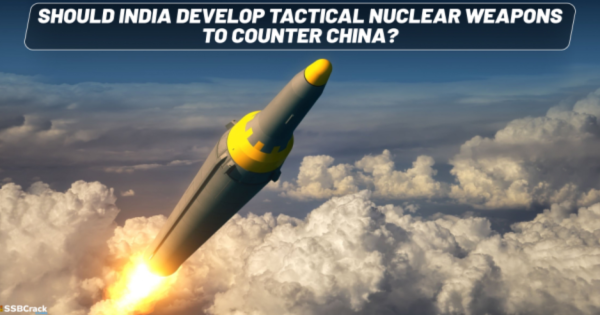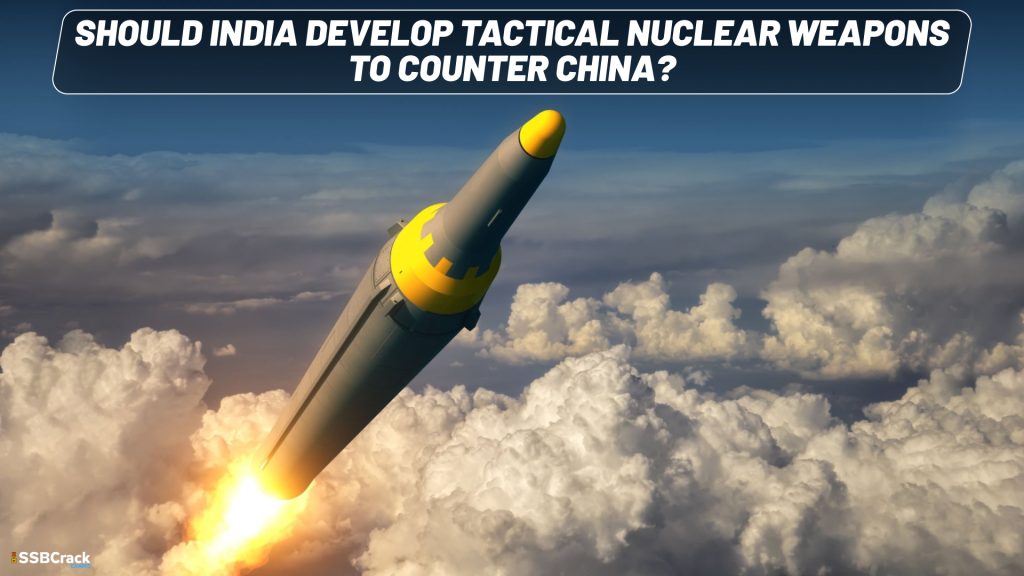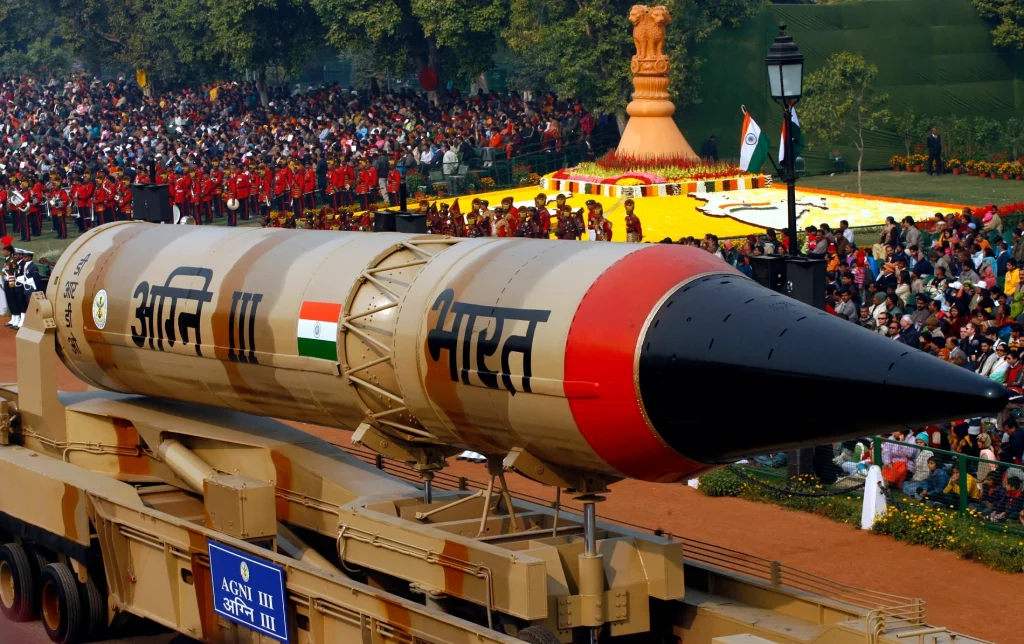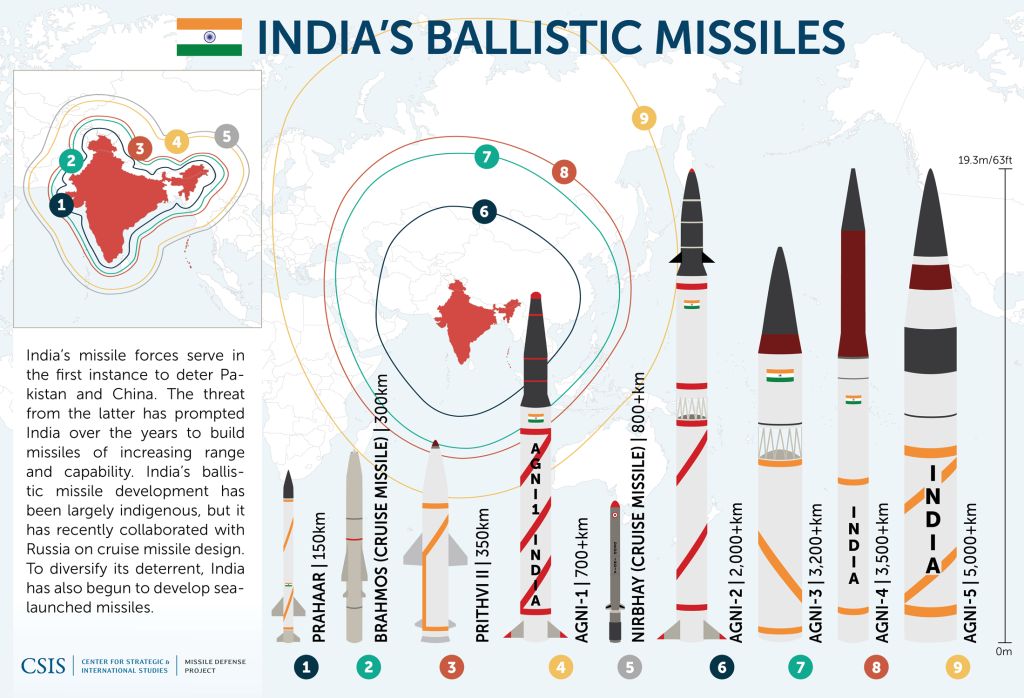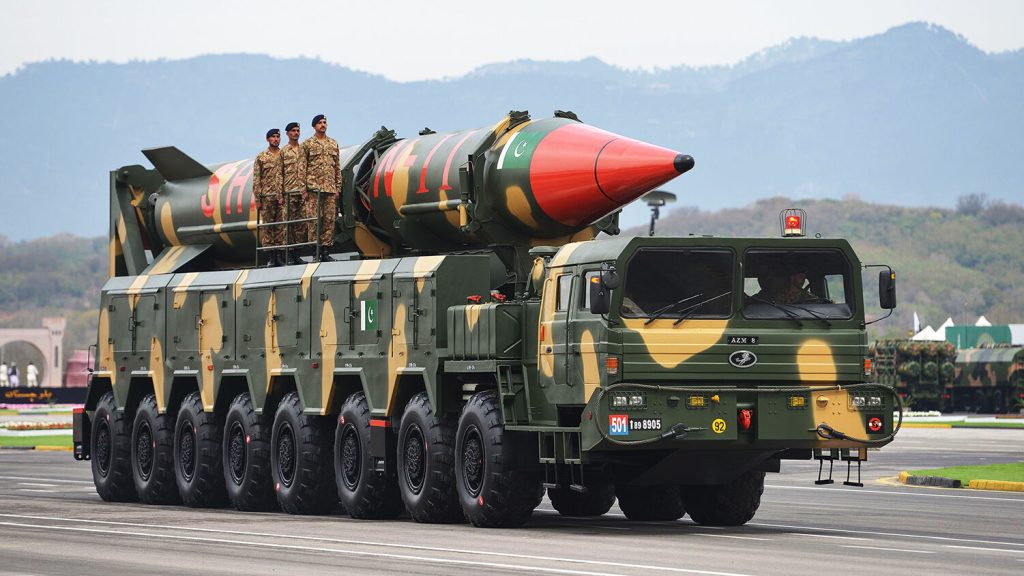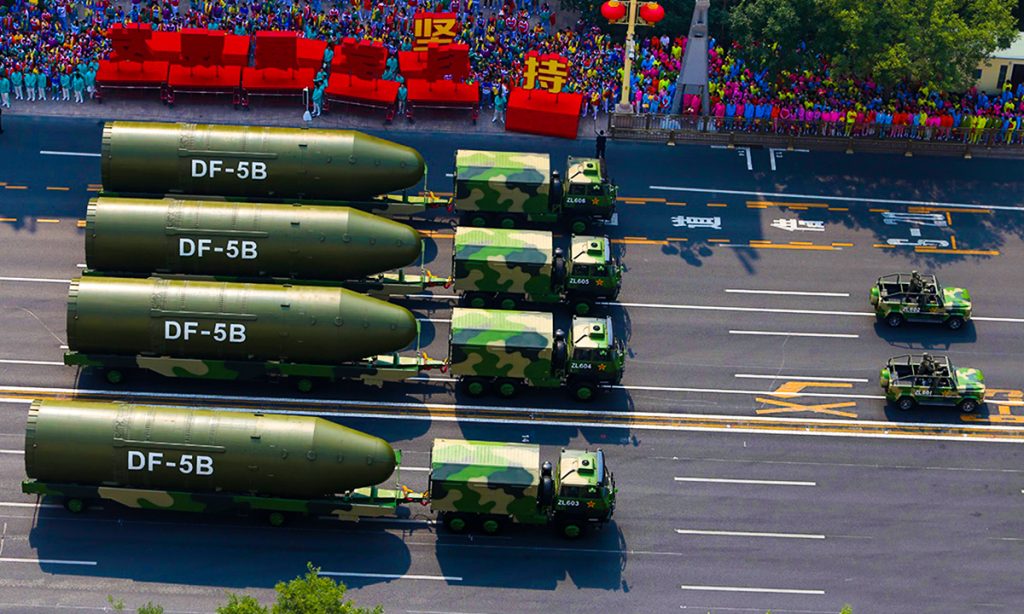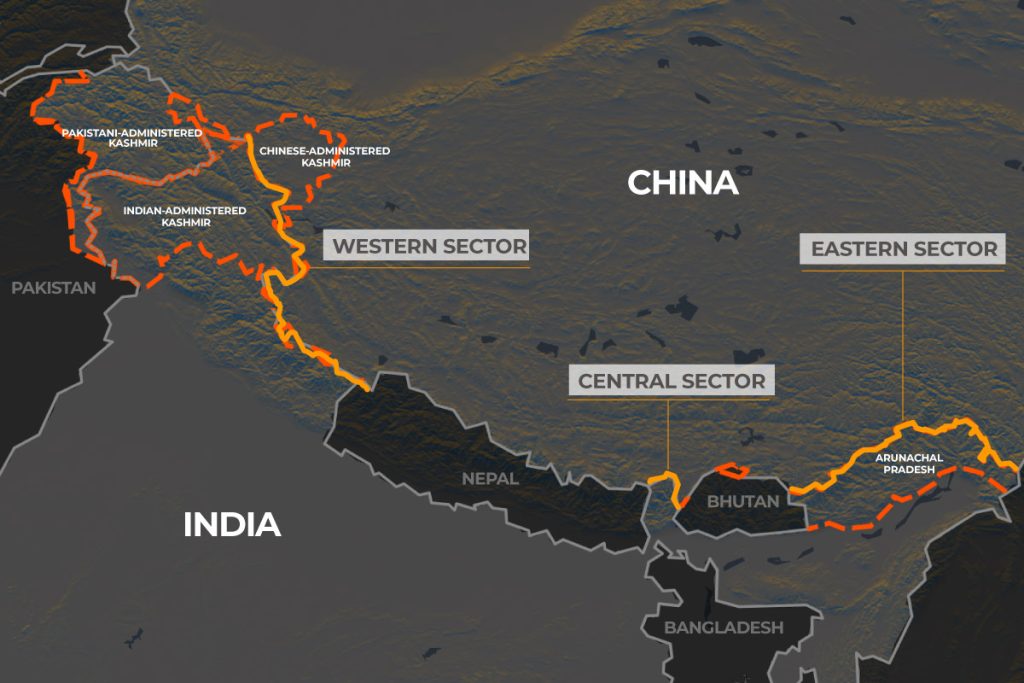Russian President Vladimir Putin announced Moscow’s intention to deploy Tactical Nuclear Weapons (TNWs) in Belarus on March 25. He went on to say that Russia was following the norms of the North Atlantic Treaty Organization. Throughout the Ukraine conflict, Putin and some members of Russia’s senior leadership have brought up the subject of nuclear weapons on a regular basis in order to keep the nuclear threat alive. The desired strategic effect is to warn NATO member countries and reduce their role in the war. Given the increased supply of military equipment to Ukraine, including offensive weapons such as fighter planes, tanks, and missiles, Russian nuclear threats are unlikely to have had the desired effect.
The Belarus deployment is most likely indicative of Russia taking a different path to achieve the same goal. Based on NATO’s reaction, it appears that this threat will not be as effective as Russia anticipates. The role of TNWs, or low-yield nuclear weapons, was highlighted in December 2019 when the USS Tennessee (SSBN-734) conducted a deterrent patrol in the Atlantic Ocean with a new W76-2 low-yield (5 KT) warhead on some of its Trident missiles. This was in response to the 2018 Nuclear Posture Review, which stated that such a capability was required because the US lacked an immediate and deployable nuclear capability to deter Russia’s use of TNWs.
For India, which is also threatened by Pakistan’s and possibly China’s TNWs, the question that needs to be addressed is whether our nuclear arsenal, as shaped by our nuclear doctrine, is sufficiently prepared to deal with a nuclear exchange that begins with the use of TNWs.
The Indian Contention
According to Indian nuclear doctrine, nuclear weapons will be used only in retaliation for a nuclear attack on Indian territory or against Indian forces anywhere, and the retaliation will be massive and designed to cause unacceptable damage. A prescription like this leaves no room for TNWs to play a role.
According to India’s nuclear theology, any use of nuclear weapons, whether low or high yield, will have strategic consequences. As a result, TNWs are an incorrect theoretical construct that ignores the greater risk of escalation when the other party retains free will and could respond with nuclear weapons. India believes that the political and psychological atmosphere that would prevail during the use of nuclear weapons — within a tit-for-tat framework — would not tolerate such moderation as would be required to allow for strategic dialogue through the controlled nuclear exchange. It believes that such ideas ignore the political and military realities that would dictate decision-making in a climate of increased distrust, danger, uncertainty, and fear.
The Indian argument is that TNWs may provide some hope, albeit limited, and are certainly preferable to anything leading to a full-fledged or massive nuclear exchange. Although it is uncertain that TNWs used against nuclear powers will not result in a mutual suicide, this argument has some theoretical merit and stems from the first-use policy.
Pakistan’s Tactical Nuclear Weapons
Proponents of TNWs compare these weapons to severe defeats in conventional warfare and believe they can compensate for such losses. Pakistan’s TNWs are ostensibly intended to serve this purpose. They are expected to provide some psychological assurance to Islamabad, thereby strengthening its deterrence and preventing India from launching a conventional war. Meanwhile, India believes that, despite the fact that both countries have nuclear weapons, a limited war is possible. As a result, the danger stems from the two countries’ opposing beliefs.
India’s military preparations against Pakistan are shaped by the possibility of a limited war. In practice, however, military force application has been constrained by geography, political objectives, time, and quantum. The nuclear shadow appears to have shortened the contours of limited war to the point where it has never approached the nuclear threshold. Pakistan, on the other hand, has used nuclear threats in every crisis/confrontation not only to restrain India but also to invite third-party intervention, particularly from the US.
India’s political leaders have little choice but to respond to terrorist attacks, fully aware of the risks involved but also confident in their country’s strength, capabilities, and experience. Only time will tell whether Pakistan recognizes this dynamic and modifies its use of terror as a foreign policy tool.
Nothing Significant From China
China has not acknowledged having TNWs in its possession. Given the nuclear dynamics between India and China, their shared nuclear arsenal may have an impact on the conflicts they engage in. If we make a comparison to the conflict in Ukraine and bring up the prospect of the “great fight,” we would be wrong. This is true since Russia has invaded a non-nuclear nation and is targeting NATO interference with nuclear threats. But, it is more crucial to link Beijing’s political goals to its use of force along the China-India boundary. Expect a protracted confrontation with intermittent localized surges in the use of force.
China will only undertake the “great struggle” if the political goal is to forcibly annex Indian territories beyond the Himalayas. But given the challenging terrain and India’s military’s ability to defend itself, such an aim will undoubtedly test its capabilities. The “great fight” is unlikely to be a wise tactical move. Furthermore, any such conflict in the Himalayas might have a negative effect on China’s ability to use force against Taiwan.
The question is whether India should develop TNWs to compensate for China’s military capability in the Himalayas or even in the maritime domain. As long as India follows its no-first-use (NFU) policy, the answer is an unequivocal no. Should India reconsider its NFU policy if China abandons its own? Again, the answer is negative unless India changes its fundamental belief that nuclear weapons serve no military purpose.
The first-use stance is maintained in most nuclear powers when the political leadership is captured by military thought processes that are intolerant of the notion that one should not be struck first. The extent to which such military thinking has infiltrated China’s nuclear policy will determine whether it will continue to adhere to its NFU policy.
Retaliation can range from massive to punitive
Whatever our adversaries’ nuclear weapons-related quantitative, qualitative, and postural changes, India has no reason to revise the central tenets of its nuclear doctrine, which is based on civilian control, NFU, and a second-strike capability. The final of the three allows for the arsenal and posture to be shaped to accommodate changes.
There may be a need to revise India’s doctrinal prescription on retaliation, which now reads: “Massive retaliation to cause unacceptable damage.” India could return to K Subrahmanyam’s original formulation of ‘punitive retaliation,’ which provides greater flexibility and takes better account of our adversaries’ potential use of low-yield weapons. It would be a semantic move that could boost deterrence and stability by encouraging flexibility in India’s response without jeopardizing the core beliefs that underpin its nuclear doctrine.
To crack the SSB Interview and join the Indian Army as an Officer, You can join our SSB interview live classes batch and we recommend you to Enroll SSB INTERVIEW ONLINE COURSE. Trusted by thousands of defence aspirants.
Also read:
- Significance Of Hellfire Missiles For Indian Navy
- Indian Navy To Get Hellfire Missile As Part Of $300 Million Deal
- Major Boost To Missile Arsenal: India-Russia To Build BrahMos-II Hypersonic Missile
- Is Brahmos Missile Enough For India?
- About Agni Prime- Nuclear-Capable Missile
- Major Difference Between Brahmos V/S S400?
- What Is A Missile Propulsion System And How Does It Work?
- Top 10 Anti-Aircraft Missile Systems In The World
- All About IAF SPYDER Surface-To-Air Missile
- Difference Between Ballistic Missile Vs Cruise Missile?
- Unfolding The Relevance Of AGNI Series Missiles From AGNI I To AGNI VI [Fully Explained]
